1-800-868-2450
My Account | Cart | Checkout
Unlocking the Power of High Pressure Air Compressors for Home and Industry
In recent years, the significance of high pressure air compressors has soared across various sectors, effectively transforming both home and industrial applications. According to a report by MarketsandMarkets, the global air compressor market is anticipated to grow from USD 30.2 billion in 2020 to USD 41.9 billion by 2025, with high pressure air compressors playing a pivotal role in this expansion. These compressors are not merely tools; they serve as vital systems that enhance efficiency, improve productivity, and lower operational costs in multiple industries, including manufacturing, automotive, and construction.
Moreover, the versatility of high pressure air compressors has made them indispensable in high-demand environments. A study from ResearchAndMarkets highlights that high pressure air compressors are particularly valued for their ability to deliver compressed air at pressures exceeding 150 psi, thus meeting stringent requirements for tasks ranging from powering pneumatic tools to running high-pressure cleaning systems. As home improvement projects grow increasingly complex and industrial operations advance technologically, the need for reliable high pressure air compressors continues to rise, supporting innovative applications and ensuring optimal performance across a wide range of tasks.
This article will explore the top 10 reasons why high pressure air compressors are a game-changer for both personal use and industrial applications.
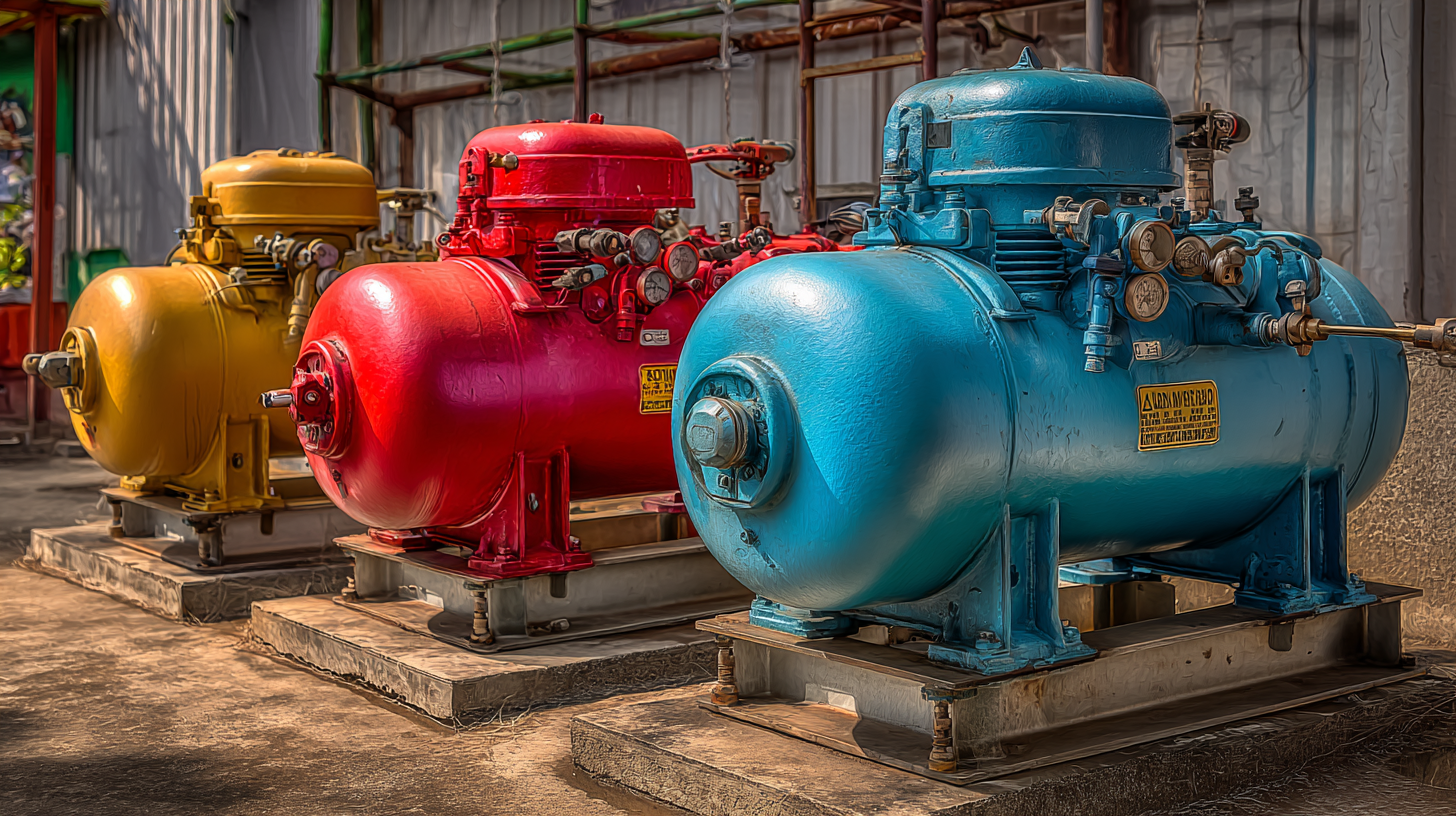
Advantages of High Pressure Air Compressors for Home Use
 High pressure air compressors offer numerous advantages for home use, making them an essential tool for DIY enthusiasts and homeowners alike. One of the most notable benefits is their ability to power a wide range of pneumatic tools, enhancing efficiency in both small projects and larger tasks. According to industry reports, lightweight and versatile air compressors are pivotal in completing household tasks effectively, from inflating vehicle tires to driving nails with precision. The capability of these compressors to maintain consistent pressure levels ensures that tools perform optimally, ultimately improving the quality of the work done.
High pressure air compressors offer numerous advantages for home use, making them an essential tool for DIY enthusiasts and homeowners alike. One of the most notable benefits is their ability to power a wide range of pneumatic tools, enhancing efficiency in both small projects and larger tasks. According to industry reports, lightweight and versatile air compressors are pivotal in completing household tasks effectively, from inflating vehicle tires to driving nails with precision. The capability of these compressors to maintain consistent pressure levels ensures that tools perform optimally, ultimately improving the quality of the work done.
Furthermore, the surge in portable air compressors has made it easier for homeowners to tackle various projects without the need for stationary equipment. Recent tests have shown that modern portable models not only meet the demands of inflating tires and using air tools but also excel in performance and noise reduction. In fact, professionals have indicated that many of the best portable air compressors are capable of handling tasks once reserved for larger models, demonstrating their growing importance in home improvement sectors. The versatility and ease of use associated with these high pressure air compressors make them a valuable addition to any home toolkit, catering to a wide array of needs while ensuring safety and quality in execution.
Essential Maintenance Tips for Keeping Your Air Compressor Efficient
Maintaining the efficiency of air compressors is crucial for both home and industrial applications. Regular maintenance practices can significantly enhance the longevity and performance of these machines. Key maintenance tips include checking and replacing air filters to ensure optimal airflow, as a clogged filter can reduce efficiency. Additionally, monitoring the oil levels in lubricated compressors and ensuring timely oil changes can help prevent overheating and mechanical failure.
Another essential aspect of air compressor maintenance involves inspecting and tightening hose connections and fittings to prevent leaks, which can lead to energy loss. It is also important to regularly drain moisture from the tank to avoid rust and corrosion, ultimately prolonging the compressor's life.
As the air compressor market is expected to grow significantly, understanding these maintenance practices not only ensures efficient performance but also contributes to the sustainability of this valuable equipment in various applications.
Key Features to Look for When Choosing an Industrial Air Compressor
When selecting an industrial air compressor, it's essential to consider several key features that can significantly impact efficiency and performance. A primary factor is the compressor type—rotary screw compressors are favored in commercial settings due to their continuous operation and lower maintenance costs. According to the Compressor Manufacturer's Association, around 80% of industrial facilities opt for rotary screw models, citing their reliability and durability.
Another crucial feature is the power source. Electric compressors are preferred in many cases as they generally provide a cleaner and quieter operation compared to gas-powered units. A report by the Energy Efficiency Agency states that upgrading to a more efficient electric compressor can lead to energy savings of up to 30%, making it a wise investment for businesses seeking to reduce operational costs.
**Tips:** When evaluating compressors, always check the CFM (Cubic Feet per Minute) requirement for your specific applications to ensure optimal performance. Additionally, consider the noise level of the compressor—models rated under 75 dB are excellent for environments where noise is a concern. Lastly, ensure that the compressor comes with adequate warranty coverage and support services, as this can save considerable costs in the long run.
Unlocking the Power of High Pressure Air Compressors for Home and Industry - Key Features to Look for When Choosing an Industrial Air Compressor
| Feature | Description | Importance | Recommended Range |
|---|---|---|---|
| Pressure Rating | The maximum pressure the compressor can achieve. | Critical for understanding capability for various tasks. | 90-175 PSI |
| CFM (Cubic Feet per Minute) | The volume of air the compressor delivers per minute. | Essential for determining power of tools that can be used. | 4-30 CFM |
| Tank Size | The capacity of the air storage tank. | Influences run time and frequency of compressor cycling. | 6-80 gallons |
| Power Source | Type of power used to operate the compressor (electric or gas). | Determines application locations and ease of use. | Electric, Gas |
| Portability | Ease of transporting the compressor. | Important for mobile applications in the field. | Lightweight (under 50 lbs) or stationary |
| Noise Level | Volume of noise produced during operation. | Affects work environment and regulations compliance. | 60-80 dB |
Safety Practices to Implement When Operating High Pressure Compressors
Operating high-pressure air compressors safely is paramount for both home and industrial applications. These powerful machines can pose significant risks if not handled correctly. Implementing safety practices ensures not only the protection of operators but also the integrity of the equipment and the work environment.
First and foremost, it’s essential to regularly inspect compressors and their associated hoses and fittings for any signs of wear and tear. Components that are compromised can lead to dangerous leaks or bursts. Additionally, operators should always wear appropriate personal protective equipment, including safety goggles and gloves, to safeguard against potential hazards.
**Tips:** Always keep the area around the compressor well-ventilated to prevent the accumulation of harmful gases. Establish a clear emergency response plan that includes procedures for addressing leaks or accidents. Training for all personnel involved in the operation is crucial, as understanding the equipment and its risks can significantly mitigate incidents associated with high-pressure systems.
Energy Efficiency Strategies for Reducing Power Consumption in Air Compressors
High pressure air compressors have become essential tools in both home and industrial settings, but their operational costs can be significant due to high energy consumption. Implementing energy efficiency strategies can not only reduce power consumption but also lead to considerable savings on utility bills. One effective approach is to optimize the compressor's usage by ensuring it operates only when necessary. This can be achieved through the use of timers and smart technology that automates the compressor's operation schedule according to demand.
Another crucial strategy is regular maintenance of the compressor system. Keeping filters clean and monitoring for any leaks can greatly improve efficiency. Leaks, even minor ones, can lead to substantial power loss, so conducting routine inspections is vital. Additionally, upgrading to variable speed drives (VSD) allows compressors to adjust their motor speed based on the required output, thus minimizing energy consumption during lower demand periods. Implementing these energy-efficient practices ensures that high pressure air compressors serve their purpose effectively while maintaining a lower environmental impact.
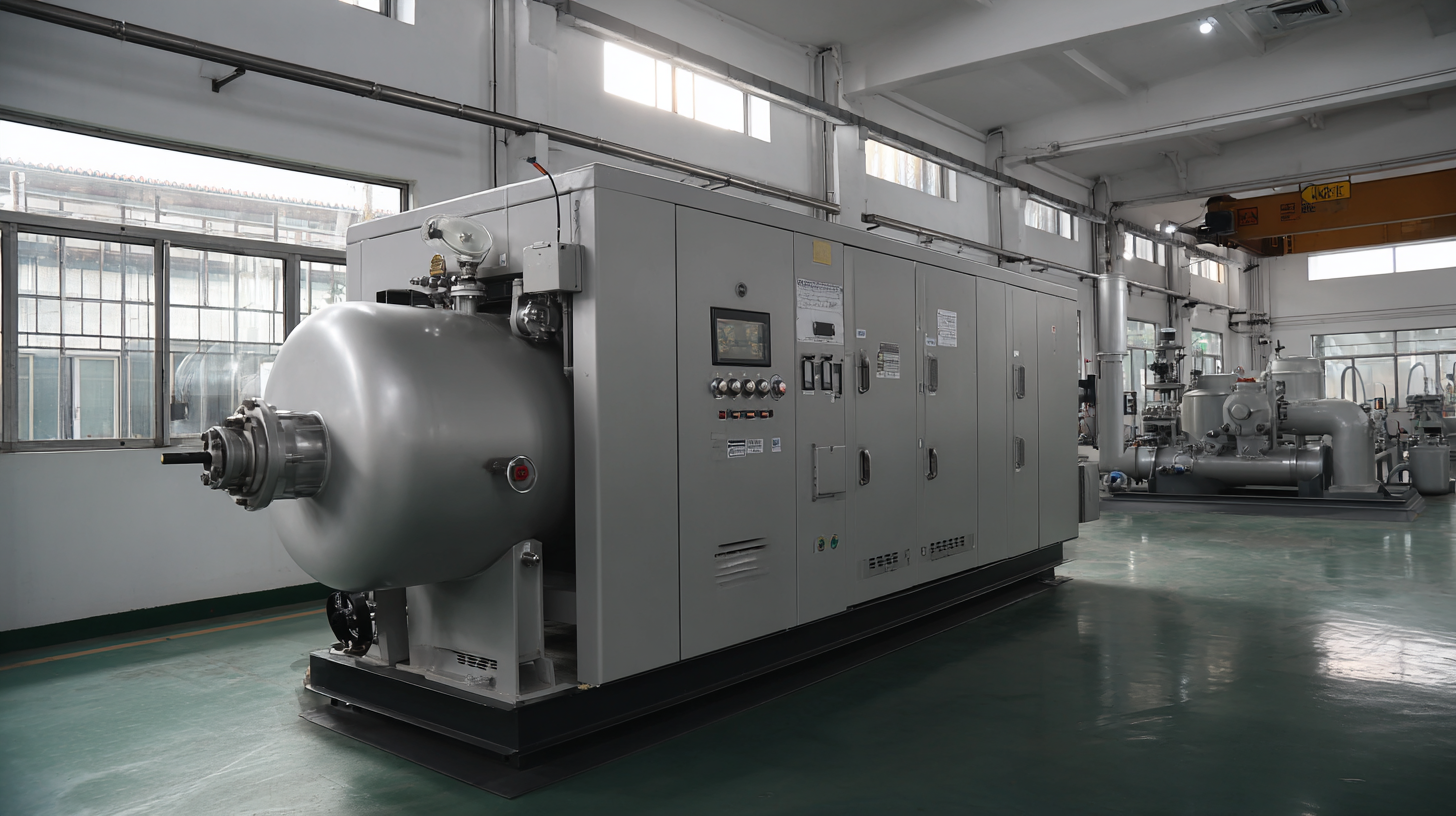
Related Posts
-
Maximize Efficiency: The Surge in Industrial Air Compressor Rental Demand for Sustainable Practices in Manufacturing
-
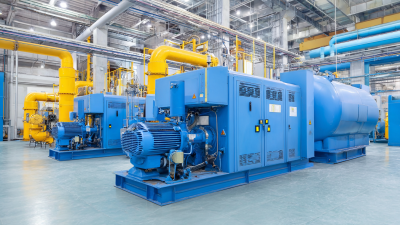
Maximizing Efficiency: How Industrial Air Compressors Transform Manufacturing Processes
-
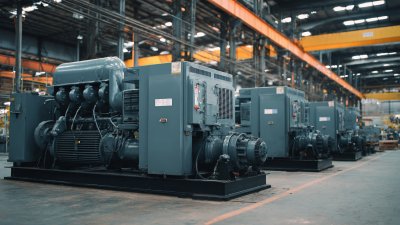
Maximizing Efficiency with Industrial Air Compressor Rental Services for Your Business Needs
-
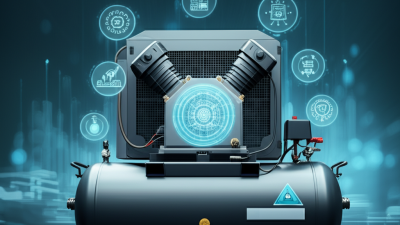
The Future of Industrial Air Compressor Technology Innovations to Watch
-
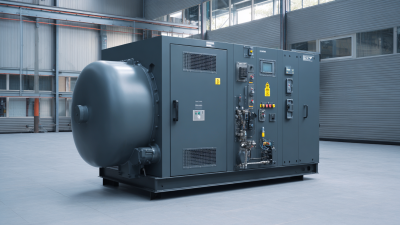
The Ultimate Guide to Choosing the Right Compressed Air Dryer for Your Industrial Needs
Copyright © 2025
I&M Industrials Inc.
10 Akron Drive
Greenville SC 29605
Phone: 864-277-2450
GSA Number – GS07F0379Y
